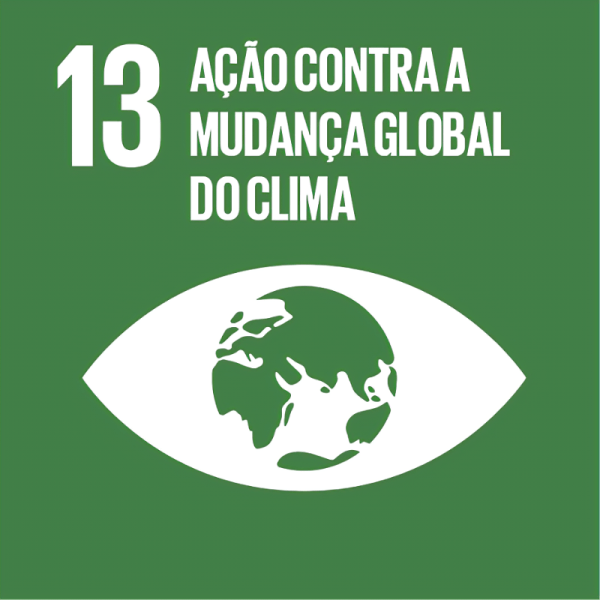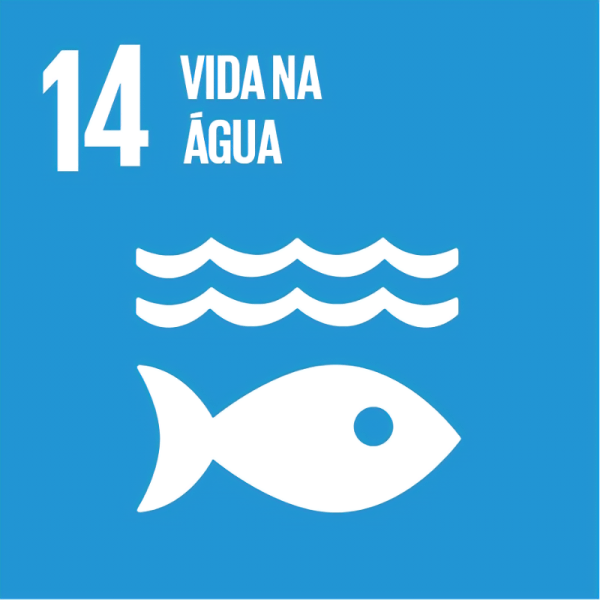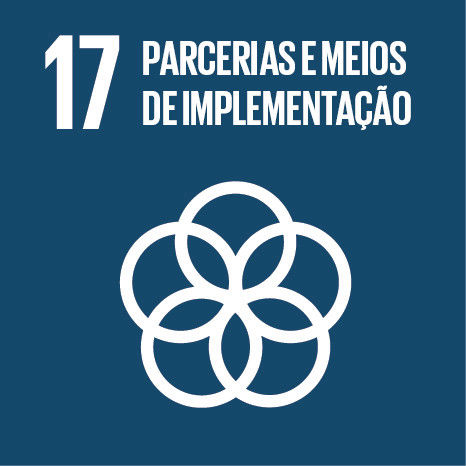
SDG 3- Ensure access to quality healthcare and promote well-being for all, at all ages
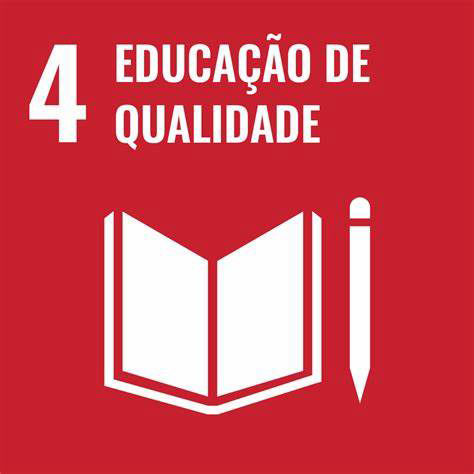
SDG 4 - Quality education | Ensuring inclusive, equitable and quality education, and promoting lifelong learning opportunities for all
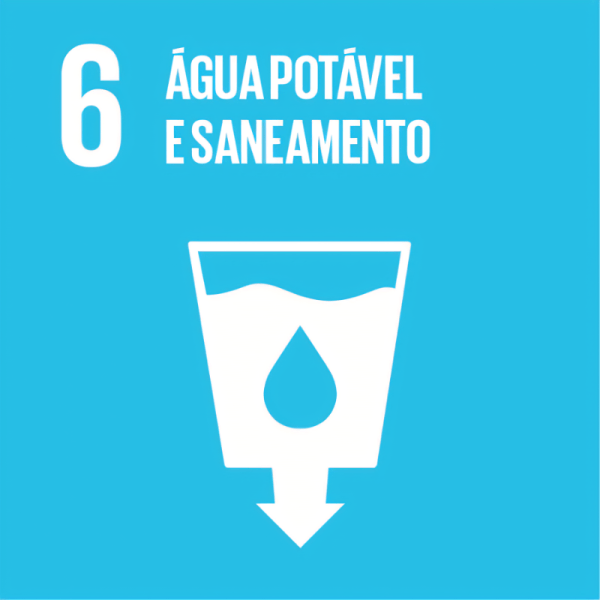
SDG 6 – Drinking water and sanitation | Ensure the availability and sustainable management of water and sanitation for all.
